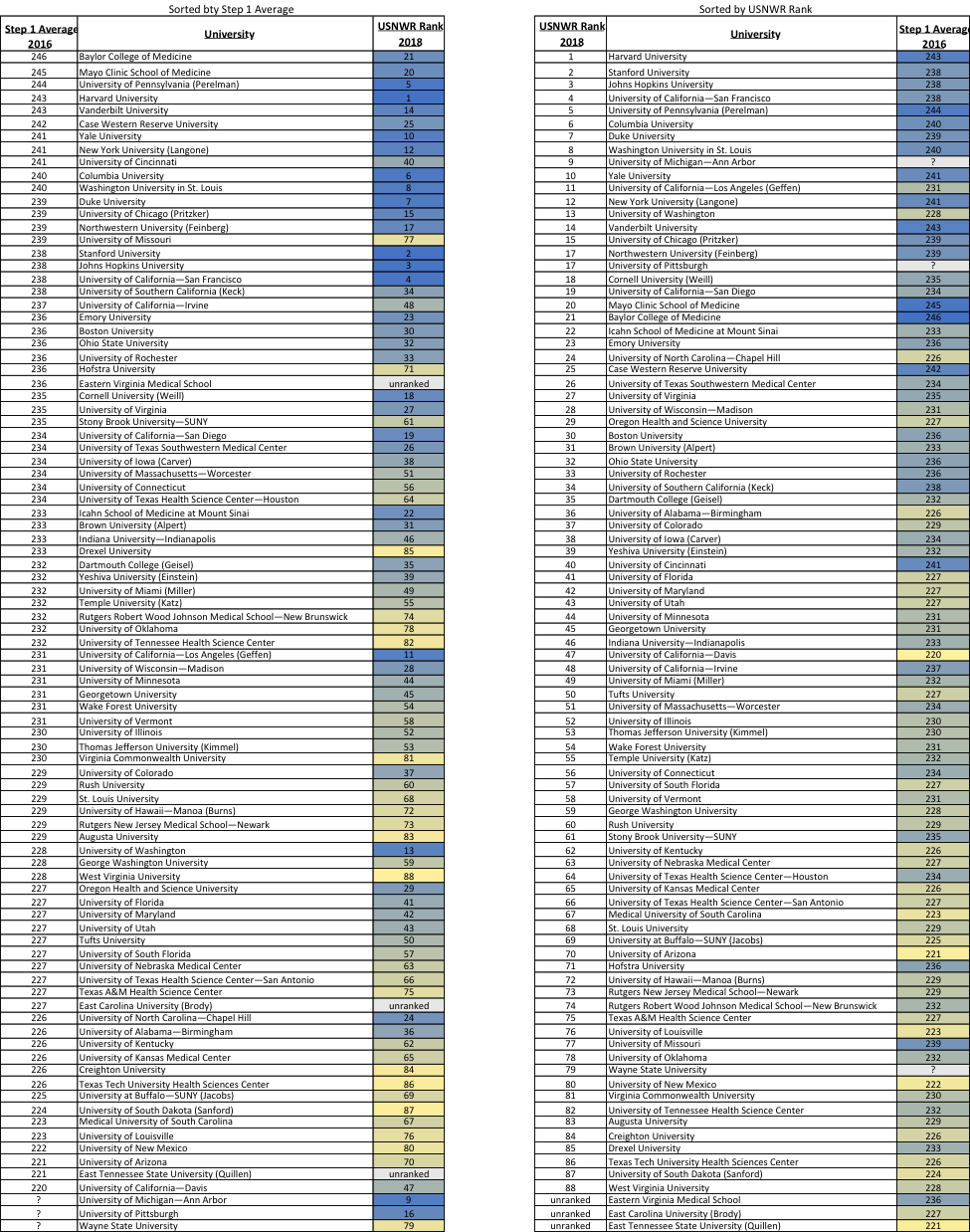- Joined
- Sep 13, 2015
- Messages
- 4,453
- Reaction score
- 16,998
I believe one of those schools is Dell in Austin. The chair of medical education indicated their analytics predict that their first class will be scoring 1 STD above the national average when they take their Step 1. But who knows....
What I'm referring to requires a lot of retrospective data to build a model, which Dell doesn't yet have.

